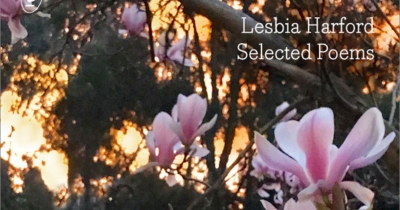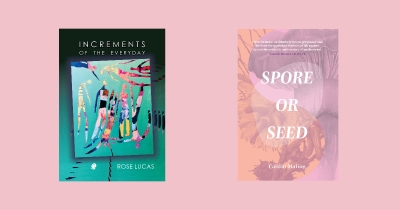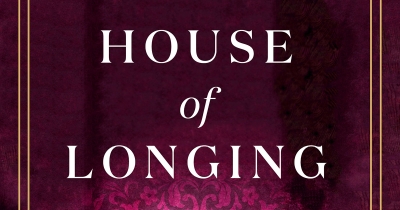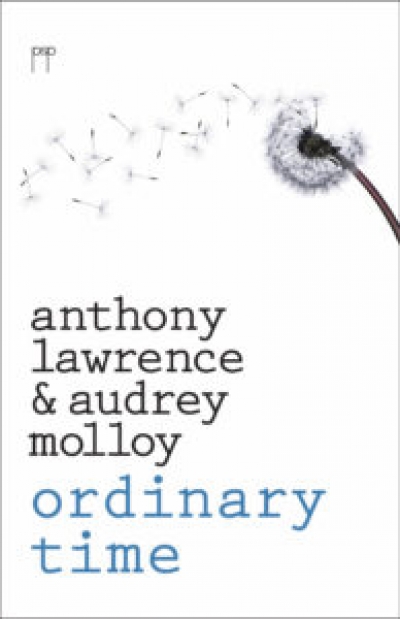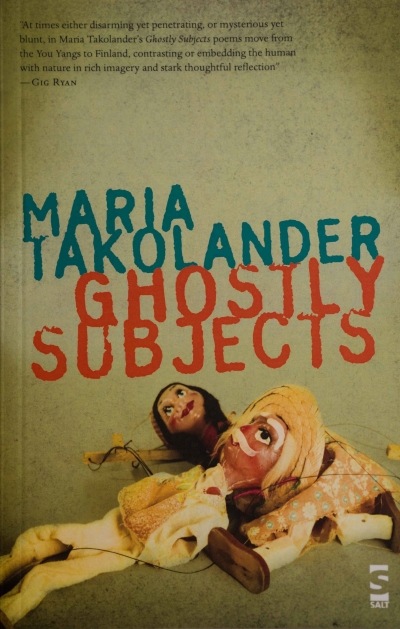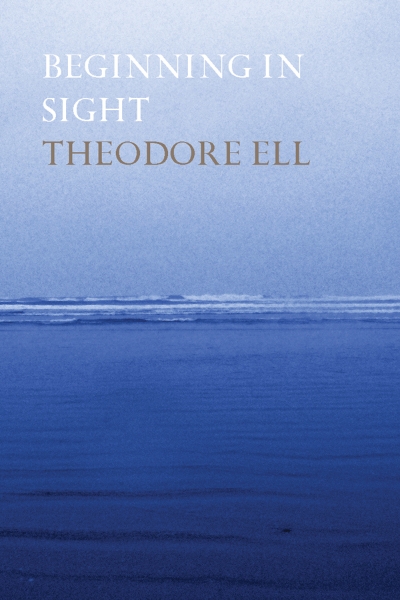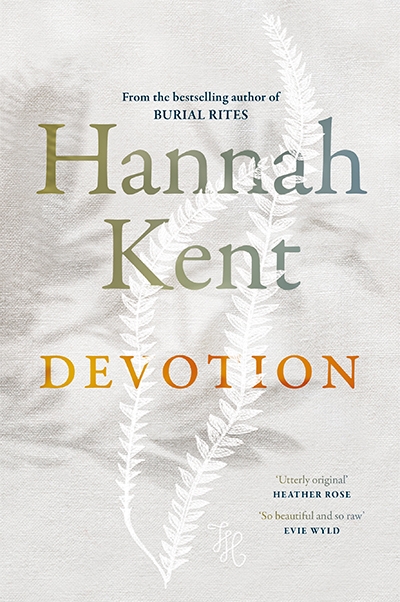Tell me your crow name. Tell me the name you will wear to the bottom of the sea,’ begins the narrating voice of Francesca de Tores’s new novel, Saltblood. These opening words, spoken by the central character at what we come to realise is the end of her life, highlight the novel’s key themes and imagery: the play of names and identities, sometimes given and sometimes taken, but always something to be worn or cast off; the call of the sea and its persistent presence of sparkle and depth throughout this chronicle of an unusual life; and the blue-black image of the crow itself, the speaker’s constant familiar, an intimate figure who lurks, ominous and comforting, in the sway of rigging. Unfolding her story in the shadow of imminent death, the reflective, determined voice of de Tores’s narrator is as deep and unpredictable as the ocean itself, thereby setting the stage for a story of introspection and observation, resilience and desire, swashbuckling action, and quotidian seaboard life.
...
(read more)



